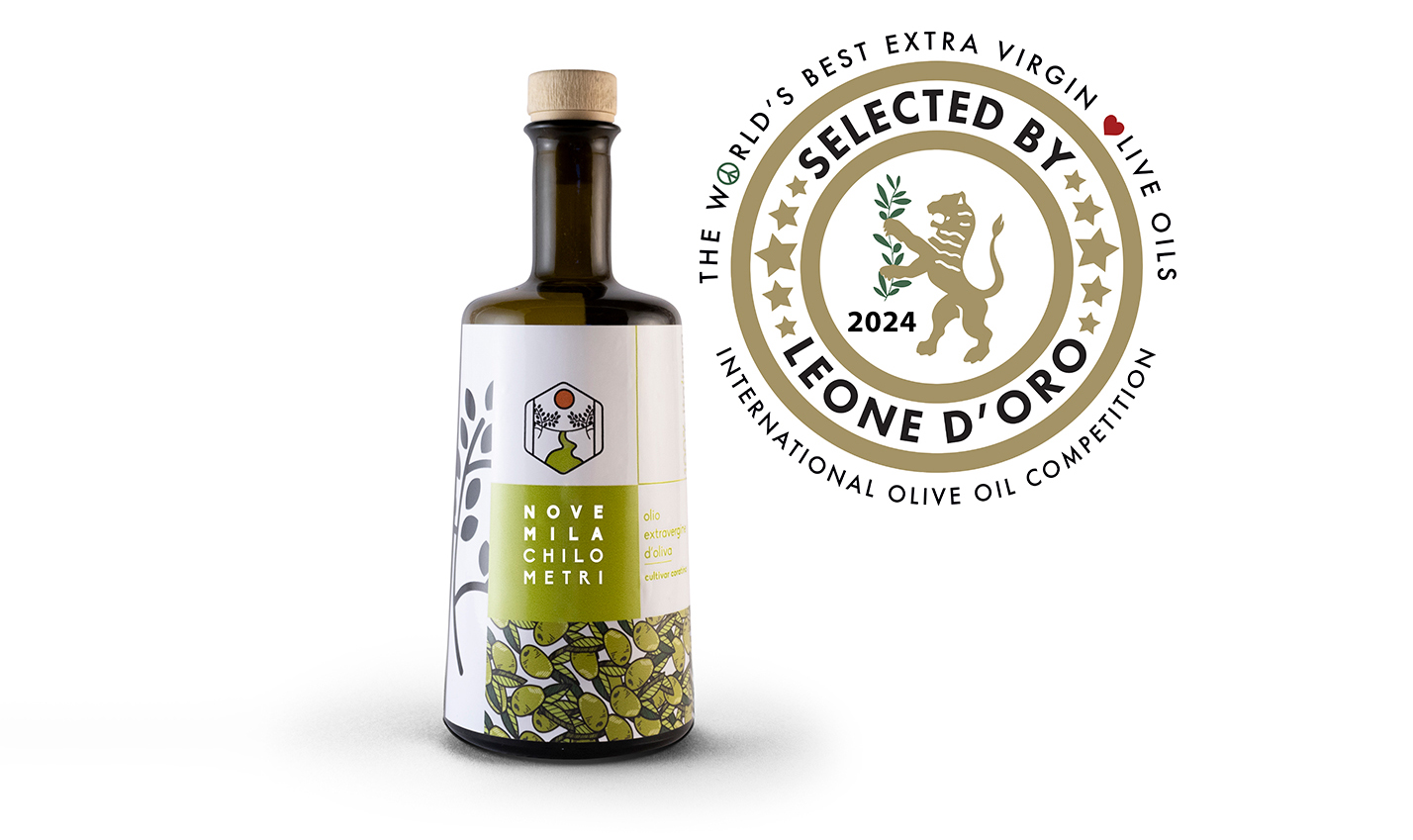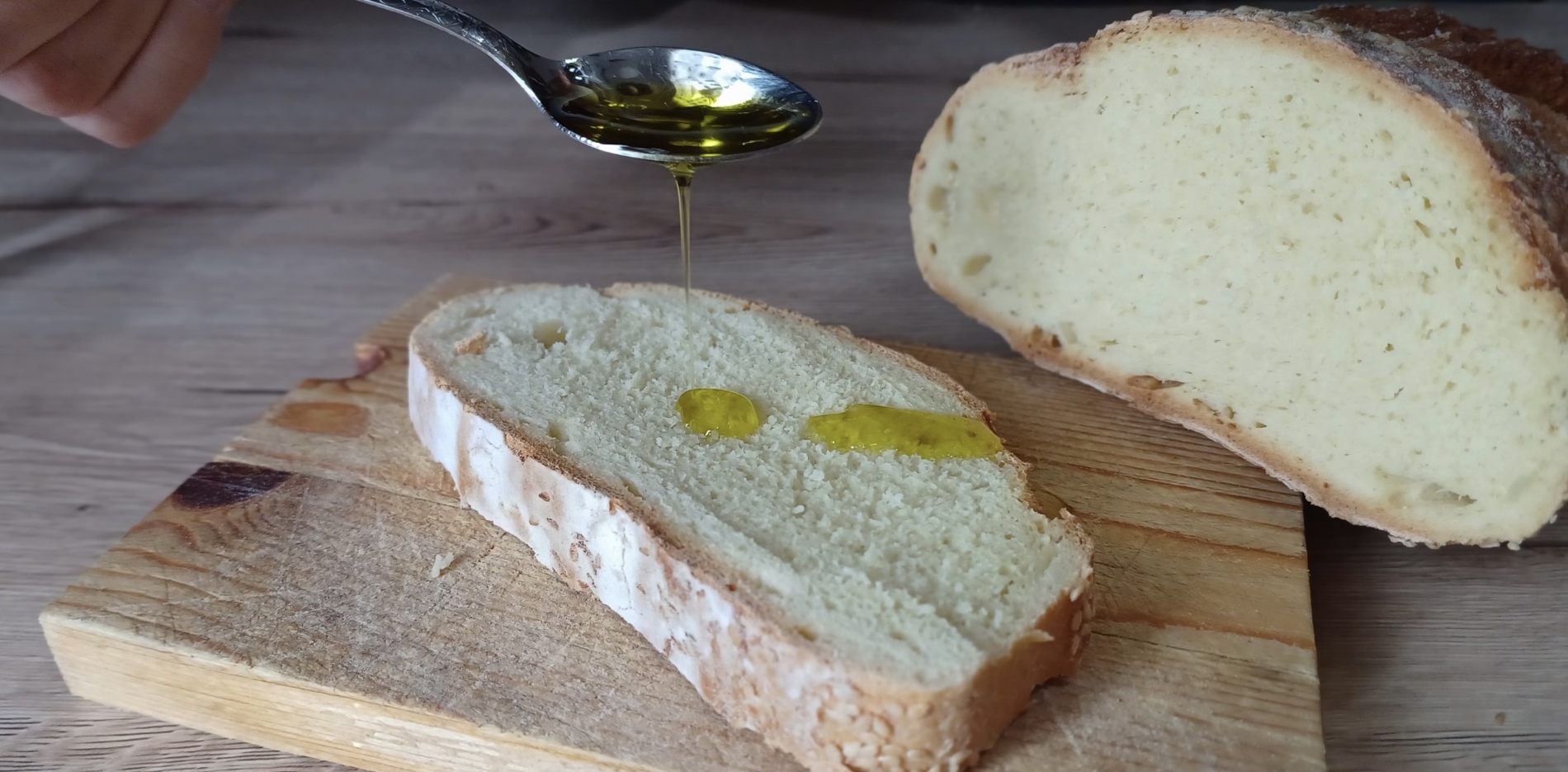Il nostro olio extra vergine di oliva è stato scelto tra i vincitori del prestigioso concorso Leone d'oro



Why prefer filtered oil to unfiltered oil?
Both of them are extra virgin oil, but with one big difference are the residues. Filtered or unfiltered? Most of perplesso prefer to buy unfiltered oil, believing that this preserves its characteristics and is therefore more "genuine". We believe that this typology tends to be chosen because the filtering systems and the research on filtered oil are recent compared to the historical memory of oil production, therefore we can define it as a "new" manufacturing process, and therefore, like everything that it is new, it must make space between preconceptions and established habits. With this article we would like to inform you about the differences between the two, so that you gain awareness.
UNFILTERED OIL
First, let's analyze the appearance and characteristics of a common unfiltered extra virgin olive oil. The oil, as long as it is extra virgin, has no defects as soon as it is pressed. However, after a few months from purchase, you will notice how a solid and viscous material will have settled on the bottom inside the bottle or can. These are substances naturally present in the oil, as well as residues from the stone, peel and small droplets of water. The suspended part may also contain mould, bacteria and yeasts, which have direct consequences on the preservation and organoleptic properties of the product, since they initiate oxidative and fermentation processes. The latter, therefore, will lead to premature aging and worsening of quality: the oil will thus lose its intense aroma and will also present unpleasant aspects to the taste, such as sludge or rancidness.
FILTERED OIL
The filtration of the oil is the last step of the manufacturing process, which involves the removal of the residues we mentioned before through various techniques (ours passes through cardboard filtering), giving the oil a translucent and brilliant appearance, at the contrary to what therefore happens for unfiltered oil.
By eliminating these residues, it will be more stable, as it will maintain its organoleptic characteristics even months after milling.
In conclusion, filtration does not cause the product to lose its authenticity, on the contrary, and also from an organoleptic point of view, from the analysis of the aromatic compounds, the filtered oils present a greater durability over time and a lower onset of defects.